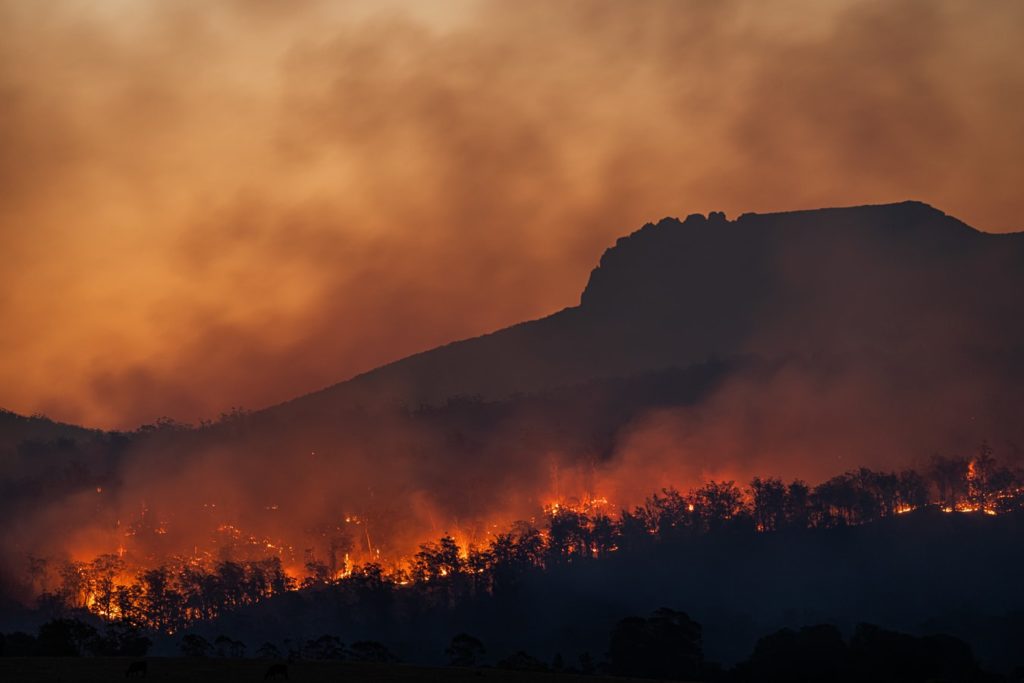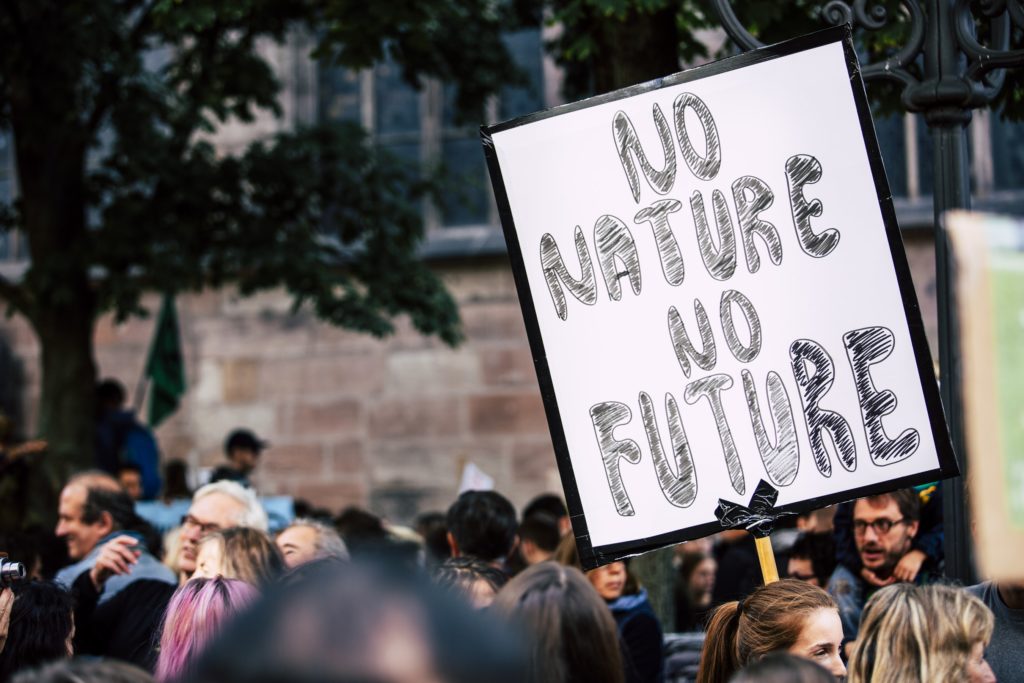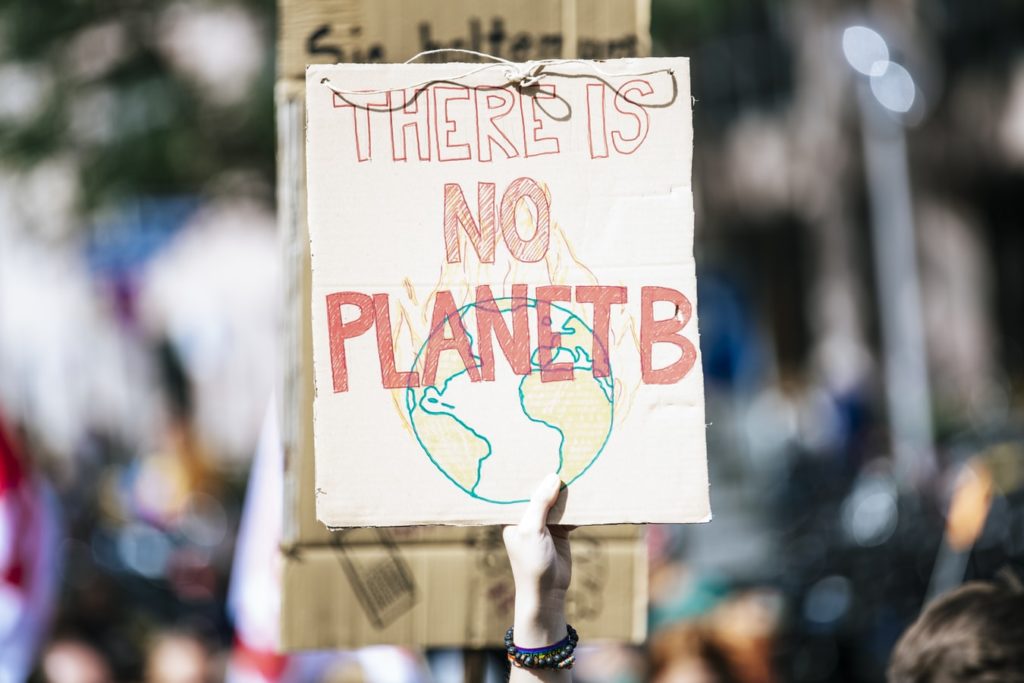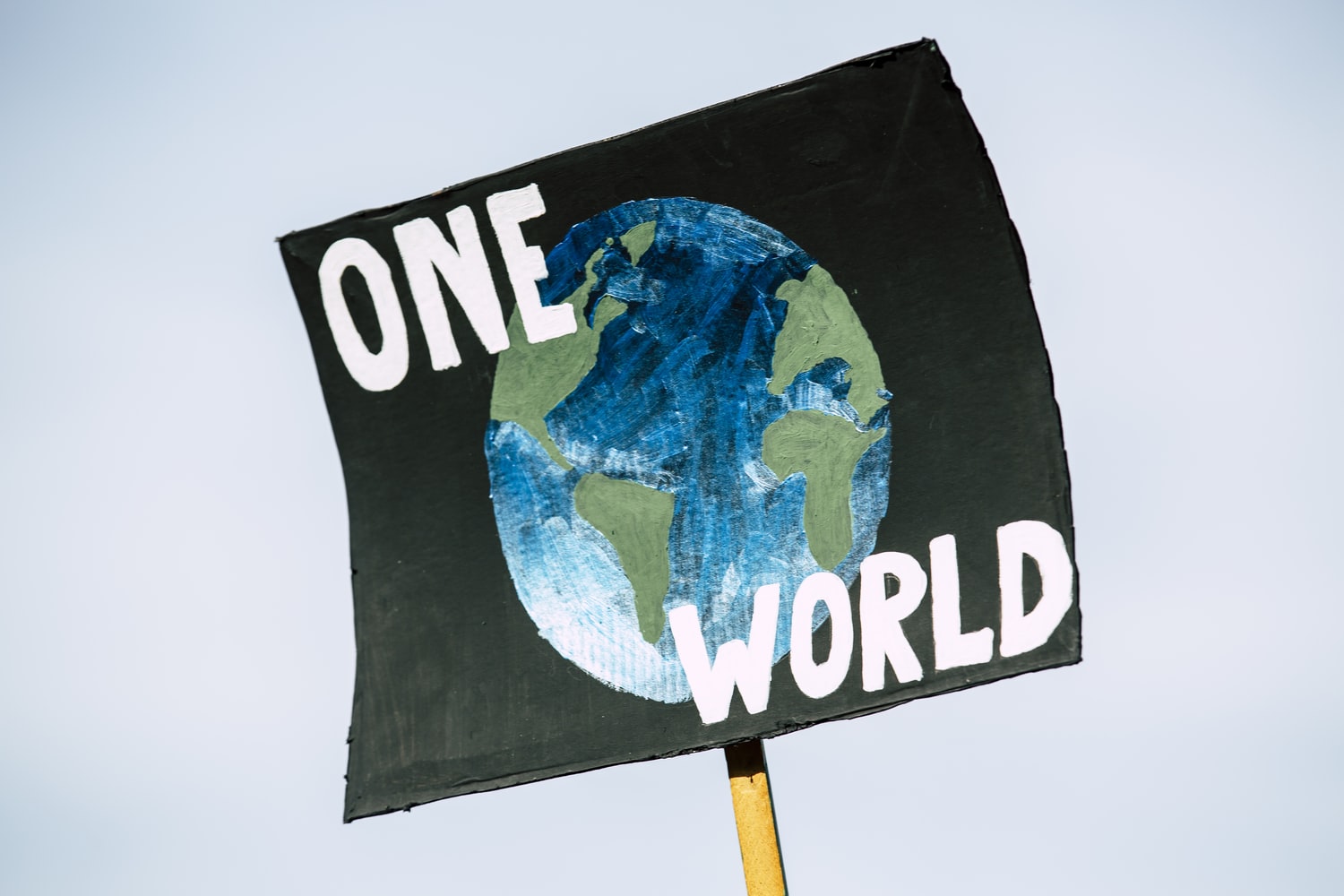Environmentalists all over the world are fighting to make ecocide an international crime. Here is everything to know about the new term and legalities regarding ecocide.
Just last week, 12 lawyers from around the world unveiled the definition and global campaign efforts surrounding environmental disasters. This effort is to put a spotlight on the devastating actions that contribute to climate change.
Currently, there are four pillars of international crime: genocide, war crimes, crimes against humanity and the crime of aggression. These crimes are all handled by the Rome Statute of International Criminal Court.
Over the last 6 months, the panel for the Legal Definition of Ecocide was preparing the 165 word definition. The hope is that this definition will gain consideration as the basis for a new international crime.

What is ecocide?
The draft definition of ecocide states that it is “unlawful or wanton acts committed with knowledge that there is a substantial likelihood of severe and either widespread or long-term damage to the environment being caused by those acts.”
Unlike the four international crimes, this crime does not require any human harm as a requirement for prosecution. Essentially, the term means a crime against nature, not just against people.
The First Ecocide Proposal Is 50 Years Old
This isn’t the first ecocide proposal that regards international crime. In fact, former Swedish Prime Minister Olaf Palme, brought up the first proposal at the 1972 U.N. Conference on Human Environment.
Since then, many other movements to prove ecocide as an international crime have appeared. The International Crime Court considered and let go of the idea in 1998. Additionally, the Stop Ecocide Foundation began in 2017.

What happens Now?
The definition is just the start of a long process. The legal system, regardless of country, usually requires large amounts of time to accomplish anything. This will be just another example of that.
First, the International Crime Court will submit the definition to the U.N.’s secretary general. Then the proposal needs a majority vote from the members, which takes place in December.
After the final text for a revision is agreed on, 2/3’s of the U.N. members need to vote in favor again. Lastly, a year later, each country must enforce the vote. Following the year, countries may arrest non-nationals on their own soil for ecocide crimes.
Unfortunately, the revision and amendment process could take years, even decades. However, there is a lot of positivity and certainty that no matter what this won’t go away.
Jojo Mehta, co-founder of the Stop Ecocide Foundation said “We don’t see any likelihood of it disappearing. The likelihood is it will actually get proposed. However, even if it takes longer than we would like, just the fact that this conversation is happening makes a difference.”

Read More:
Natural England Receives $20 Million In Funding
Fast Food Is Bad For Your Health & The Environment – What Can You Do Instead?
Stay Connected